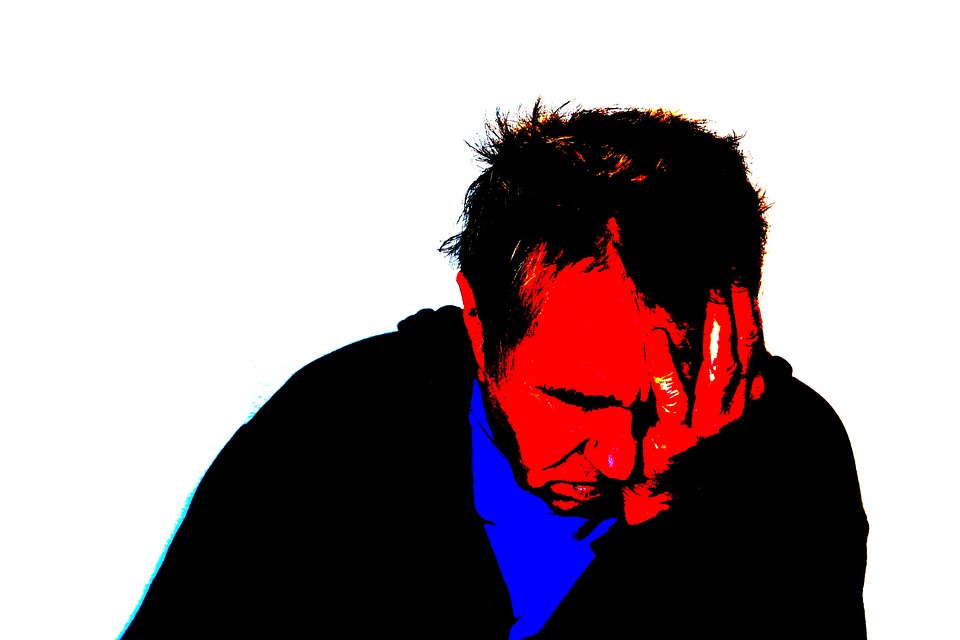Stress has become a regular part of life for many people around the world. The frenetic pace of the workplace and the incessant demands of people around you often culminate in a never-ending negative response from the sympathetic nervous system. This system is responsible for the flight or fight response, meant to save your life in dire situations.
Unfortunately, it can also be triggered by the stress of daily activities and culpabilities of work, school, and family. Learn how to calm your sympathetic nervous system and control your stress and anxiety with three simple steps.
Breathing Right
Breathing from your diaphragm is one of the most effective ways to activate a relaxation response from your body. The diaphragm is a horizontal muscle located in the chest, just above the stomach cavity. When it contracts the diaphragm increases the volume of the thorax, the middle section of the body, and inflates the lungs.
The diaphragm is useful when dealing with stress, as it can help you slow your pulse and heart rate. While you may not be able to alter your pulse consciously, you can decrease your heart rate with deep breathing techniques. A common strategy for deep, slow breaths necessitates this breathing style:
- Lie down on your back with your knees bent.
- Place one hand below your rib cage and the other on your upper chest.
- Breath through your nose and let your stomach press against your lower hand.
- Exhale through tight lips, tighten your abs, and let your stomach relax.
- The hand on your chest should stay still while the other hand moves with your breath.
Talk to Yourself
When you see others experiencing a stressful situation, you intuitively know how to comfort them and help them combat stress. Whether you use reassurances or provide emotional comfort, the stressed individual experiences relief from your intervention.
You can use the same tactics that help others to help yourself. When you’re stressed, most often you engage in negative reinforcement, scolding yourself for mistakes in an attempt to push yourself to work harder. Instead, make an attempt to reassure yourself with a realistic pep talk as a reminder that this situation is temporary and that you can rely on the support of friends and family for help.
Diet and Exercise
Your lifestyle definitely impacts your emotional state. Lack of sleep, poor diet, and no exercise all contribute to the release of stress hormones in your body. Some people use unhealthy methods to cope with their stress, which only exacerbates the situation. While alcohol, caffeine, and cigarettes provide temporary relief from your problems, the minute your body notices their absence, stress and anxiety return.
Avoid consuming alcohol, smoking, eating, or spending as solutions to your stress. Work through breathing exercises and self talks to ameliorate your stress for the long term. Improve your diet and add exercise into your daily routine to ensure the release of endorphins and instigate better treatment for sleeplessness and stress.
Foods to eat to combat stress include:
- Green leafy vegetables
- Fermented foods
- Salmon
- Blueberries
- Pistachios
- Dark chocolate
All of these contain essential nutrients your brain uses to increase hormone production of serotonin and dopamine.
Exercises that reduce stress include:
- Yoga
- Team activities
- Dance
While yoga reinforces your deep breathing exercises and utilizes meditation to calm you down, team activities introduce a social aspect into your life that is essential for stress relief. Dance and other physical activities that revolve around music allow sound to absorb your attention and distract your mind from your problems.
Other Solutions
Talking to your doctor about your stress may prompt them to provide additional solutions that include weekly massage therapy sessions, supplements, like magnesium for sleeplessness, and prescription medications. Talk to a medical professional about your problems and get the help you need.
















